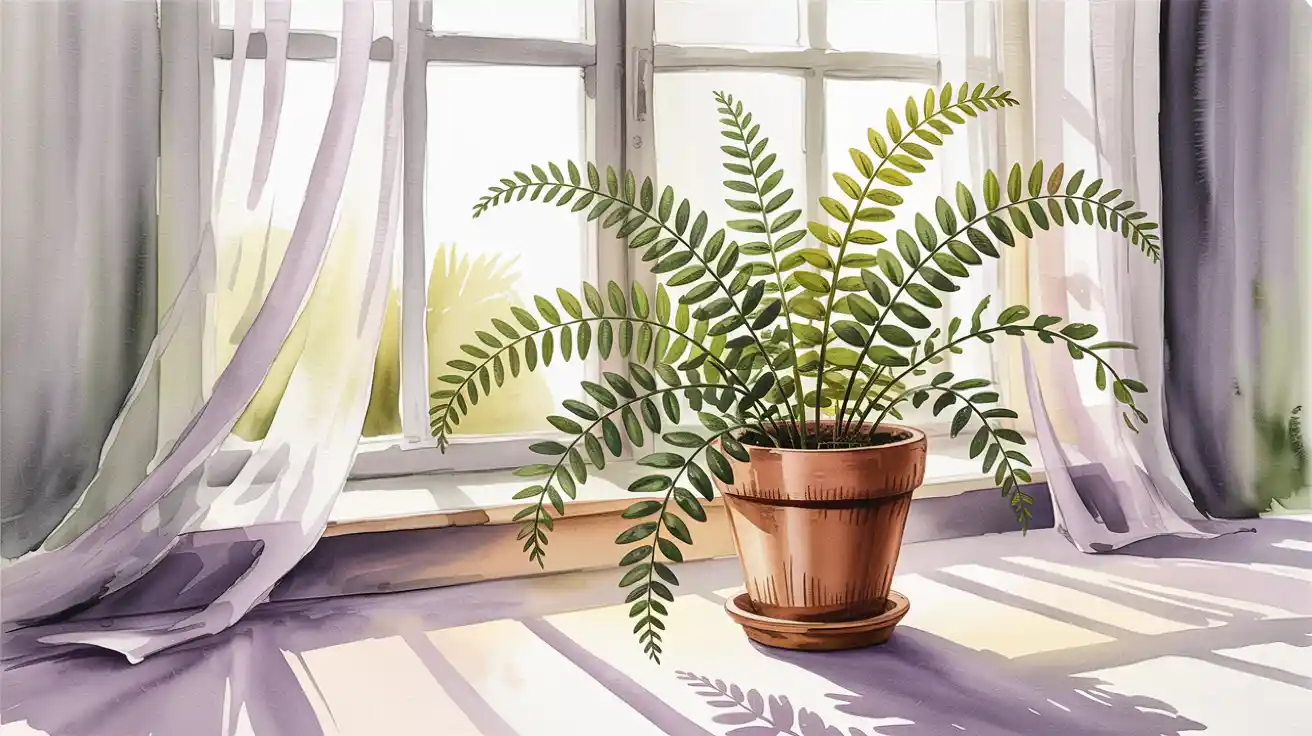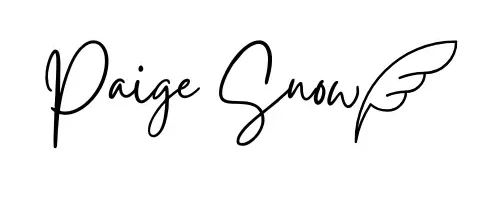My Life as a Dead Houseplant (And Other Signs You Need to Burn It All Down)

It started with a fern.
A big, dramatic, Boston fern that I’d named Felicia. She was my prized possession, the kind of lush, effortlessly green plant that suggested I had my life together.
From the outside, everything else suggested the same thing. Good job, nice apartment, a social calendar that looked respectably full. On paper, it was perfect. The problem was, I was starting to feel a lot like Felicia: slowly browning at the edges, despite receiving all the right inputs.
I was doing everything right, and yet, I kept wrestling with the quiet, nagging question of what to do when your life looks perfect but feels wrong.
It’s a strange, creeping kind of dread, the kind that doesn’t announce itself with a bang but with a slow, persistent hum of dissatisfaction. It’s the feeling of being a tourist in your own life, taking pictures of landmarks you don’t remember choosing to visit.
The Anatomy of a Gilded Cage
My life was a fortress of “fine.” If you had asked me how I was doing, “fine” would have been my honest, and most damning, answer.
The job was fine. The apartment was fine. My weekends were fine. But “fine” had started to feel like a four-letter word. It was the emotional equivalent of beige wallpaper: inoffensive, safe, and slowly draining the life out of the room.
This is the nature of the gilded cage. It’s not a prison of misery; it’s a prison of adequacy. You have everything you’re supposed to want, but you feel a profound sense of emptiness despite the success.
A corrosive guilt settles in. “I should be happy,” you tell yourself, staring at your sensible Tupperware and your 401(k) statement. “People would kill for this life. What is wrong with me?”
Felicia the fern became my silent confidant in this internal debate. I’d water her, mist her, whisper words of encouragement, and watch as another frond gave up the ghost with a sad, crispy sigh. Her slow, inexplicable decline felt like a mirror.
She was getting sunlight and water. I was getting a steady paycheck and invitations to brunch. We were both receiving all the right inputs, yet we were both fundamentally failing to thrive. I was wilting in a perfectly curated environment, and I couldn’t understand why.
The Whispers You Try to Ignore
Before the full-blown crisis of confidence, there are the whispers. These are the subtle, often ignored signs you need a life change, the little cracks in the facade of your perfectly fine life.
At first, you dismiss them as just a bad day or a weird mood. But then they start showing up more often, like a recurring character in the sitcom of your low-grade dissatisfaction.
My whispers started with a case of the Sunday Scaries that had begun staging a hostile takeover of my entire weekend. What used to be a pang of dread around 8 p.m. on Sunday was now sending a calendar invite for Friday’s happy hour. It wasn’t just about not wanting to go to work; it was about not wanting to return to the life that was waiting for me.
Then came the strange, intense jealousy of other people’s messes. I’d see a friend’s Instagram story of a disastrous attempt at baking bread, with flour everywhere and a sad, lopsided loaf, and I’d feel a pang of envy so sharp it surprised me.
I wasn’t jealous of the bread. I was jealous of the freedom to be a beginner, to make something ugly and lopsided and joyfully imperfect. My own life felt too polished, too controlled, too devoid of any real, beautiful messes.
The daydreams became more elaborate, too. During a quarterly budget meeting, I would mentally be renovating a ramshackle bookstore by the sea, down to the color of the mismatched teacups for the cafe.
It was my mind’s way of trying on a different life for size, a secret act of rebellion against the one I was currently wearing. These weren’t just fantasies; they were escape routes.
My Kingdom for a Permission Slip
The hardest part about wanting to leave a perfectly good life is that there’s no external catalyst. No one breaks up with you. You don’t get laid off. The universe doesn’t hand you a dramatic, movie-worthy inciting incident.
The call to change is coming from inside the house, which makes you feel both crazy and ungrateful.
This is especially true when you find yourself thinking about starting over in your 30s. You’ve spent a decade carefully building a life, laying each brick with intention. The thought of taking a sledgehammer to that foundation feels like an act of self-sabotage. So you wait.
You wait for a sign, for an excuse, for a permission slip from the universe that says it’s okay to burn it all down.
For me, that permission slip came in the form of a dead fern.
One Saturday morning, I woke up and knew. Felicia was gone. Not just wilting, but irrevocably, dramatically dead. Every last frond was a crisp, tragic brown. I had failed her completely.
And as I stood there, staring at this dead plant that was supposed to be a symbol of my thriving, adult life, I didn’t feel sad. I felt an overwhelming, shocking sense of relief.
Her demise was my out. It was the small, absurd, tangible thing I couldn’t ignore anymore. If I couldn’t even keep a plant alive in this “perfect” environment, then the environment itself was the problem. The cage wasn’t just gilded; it was toxic.
The Messy, Beautiful Art of Unbecoming
This entire experience, from the creeping dissatisfaction and the whispers of another life to the desperate search for a sign, is the messy, complicated heart of the whole art of unbecoming.
It’s the slow realization that you have to be willing to let a perfectly good life die to make room for a true one. It’s not about failure. It’s about finally listening to a voice you’ve been ignoring for far too long.
It’s that exact feeling of quiet desperation that I wanted to capture for my main character, Everly, when her own perfect life starts to unravel in my novel, Her Last Filter. She embarks on her own “fake-cation,” an escape from a life that looks shiny on the outside but feels hollow within, a journey to dismantle a life that no longer feels like her own.
Felicia’s death was my permission slip. It was the surprising, tangible sign that gave me the courage to finally admit that the life I had so carefully built was a life I no longer wanted. Sometimes, you have to let the fern die.
Sometimes, you have to be willing to burn down the beautiful, suffocating life you’ve built to see what grows in the ashes.
Have you ever had a “dead fern” moment? A small, strange sign that your life was no longer your own? I’d love to hear about it in the comments below.


